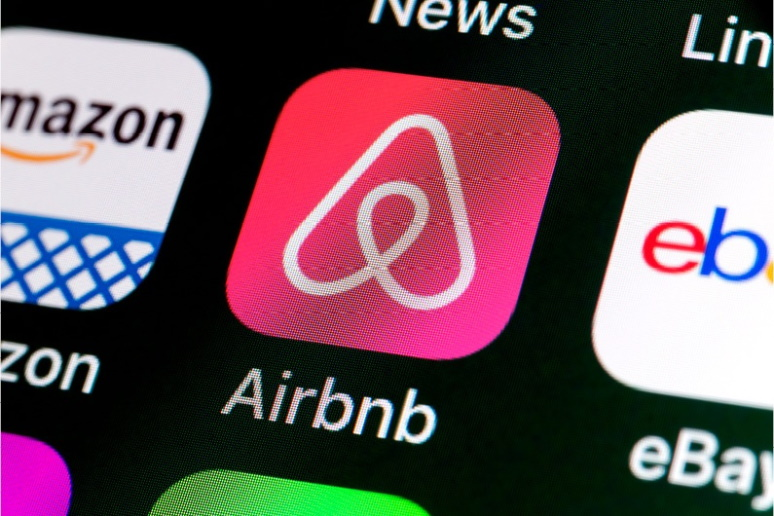When it comes to whether someone has the right to smoke in a public place, and whether they should, there are a lot of opinions. Smokers are often adamant that they have a right to partake of a lawful activity, although there is no federal law specifically granting the right to smoke. Non-smokers fear the repercussions of consistent exposure to secondhand smoke, as well as the unpleasantness of cigarette smoke’s odor.
Whatever public opinion, it is a fact that many people consistently smoke tobacco products and have the right to do so in many public spaces. According to the U.S. Centers for Disease Control and Prevention (CDC), an estimated 34.3 million adults in the U.S. currently smoke cigarettes.
Where these individuals can smoke depends largely on state and local law. If you are concerned about your rights as a smoker or non-smoker are being violated, review your state and local laws as well as more specific rules, such as your lease or building policy.
Smoking in Public Places
There is no nationwide ban on smoking in public. State and local governments establish smoking bans, which means they vary from place to place.
In 28 states and D.C., there are comprehensive smoke-free laws in place. Typically, state smoking bans focus on restaurants, bars, and private worksites, or some combination of these locations. For example, Washington prohibits smoking in all three locations. Nevada prohibits smoking in restaurants and private worksites.
In Texas, there are no statewide limits on smoking anywhere. At least six states have no laws in place prohibiting smoking in public.
Take a closer look at the CDC’s Smokefree Indoor Air map to learn about the law where you live.
Smokers have the right to smoke anywhere it is not prohibited by state law, local ordinances, or a specific contract or policy. Non-smokers only have the right to be free from cigarette smoke in areas state and local law or private businesses have designated as smoke-free.
Federal Smoking Laws
Though there is not a nationwide ban on smoking in public, there are some federal laws that apply to smokers.
Due to the well-documented health risks associated with secondhand smoke, smoking is not allowed in certain places. Federal law prohibits all smoking on commercial flights. Additionally, for properties that are owned or leased by an arm of the federal government, smoking may be banned outright or allowed in certain designated areas only.
Smoking at Work
Whether or not individuals can smoke at work depends on state law, building policies, and company policies.
A majority of states prohibit smoking in private workplaces or require smoking in designated areas. Non-smokers in these states have the right to be free from secondhand smoke in their workplaces.
Even if a state allows smoking at work, a specific building or company could have a no smoking policy or require smokers to use a designated area. Workers who face smoking prohibitions in their work environments and wish to smoke during their workday must take breaks and go to a designated area or step outside.
Smokers are not entitled to specific smoking breaks, but the federal government and states have laws regarding when employers must provide meal or rest breaks. Employers may have rules that provide for additional or more frequent breaks that smokers can use, as well.
The U.S. Department of Labor provides information on paid rest period laws in the 50 states.
In states where smoking is lawful at work, non-smokers may have a right to clean air. If a worker has a documented sensitivity to cigarette smoke or a documented condition that is aggravated by smoke, they can seek accommodations from their employer under the Americans with Disabilities Act. The employer may have to ban smoking in all or a majority of the workspace to protect the non-smoking employee from harm.
Smoking and Employment
Though there is no federal law prohibiting discrimination based on a person smoking cigarettes, many states prohibit employers from discriminating against individuals based on lawful activities performed outside of work.
In states with anti-discrimination laws encompassing smoking, employers cannot ask if someone is a smoker. And, employers cannot use their knowledge regarding the person’s smoking habits to refuse to hire or fire them. There is an exception, however, for when being a non-smoker is important to the specific job.
Smoking in Rental Housing
A topic that may be more contentious than smoking in public is smoking in rental housing, whether it is a single-family home or apartment building.
Whether or not a tenant can smoke in their rental unit depends on local ordinances and their lease. Some local ordinances may ban smoking in multi-unit housing. More likely than not, though, a smoking ban will come from the landlord. Many landlords prohibit smoking in their units to prevent odors, stains, fires, and complaints.
Non-smokers are only entitled to a smoke-free residence if their lease prohibits smoking throughout the entire building, including the individual units, outdoor spaces, and common areas. If a local ordinance or lease does not specifically prohibit smoking in these areas, the non-smokers may encounter cigarette smoke.
If smokers violate a local ordinance or lease by smoking in a rental unit, neighbors can complain, and a landlord can act. If renters continue to violate the law or lease by smoking, they may face eviction.
 By Victoria Langley,
By Victoria Langley, 

